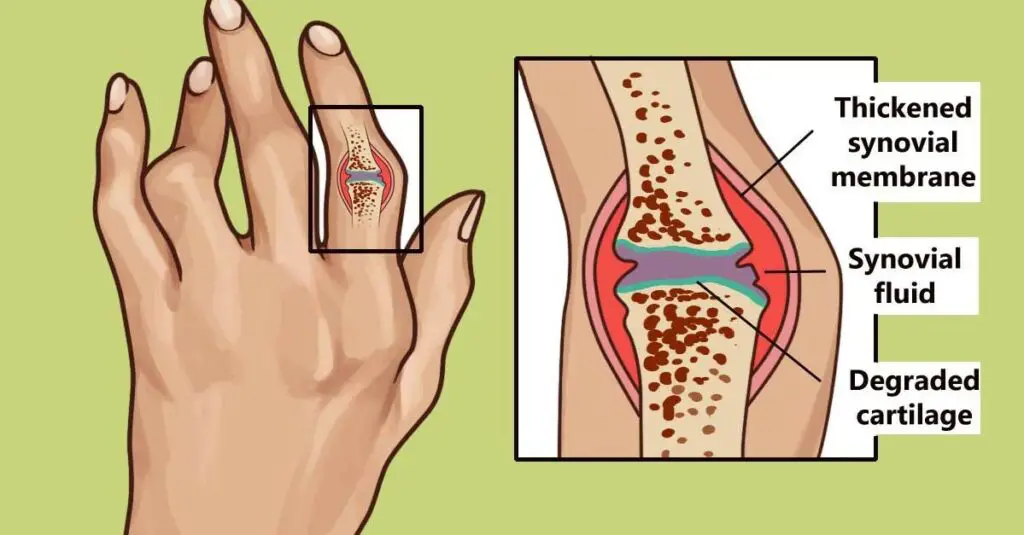In the complex web of human emotions, love, and trust, there are many points of contention that can cause profound pain. Infidelity is often heralded as one of the ultimate betrayals in a romantic relationship. However, there is a quieter form of heartbreak that might not attract as much attention but can, in reality, cause wounds that run deeper and have longer-lasting effects: relationship disengagement. This often subtle and insidious process of emotional withdrawal can erode the fabric of a relationship to the point where the partners are left feeling more alone than if their significant other had cheated.
From the emotional distress and prolonged uncertainty that disengagement inflicts to the ongoing ramifications for one’s self-worth and social support, it’s clear that the detachment from a relationship can leave scars that are as painful as they are profound. In the following deep-dive, we explore the ins and outs of why relationship disengagement is such a potent source of heartache, and crucially, how we can work through it.
Understanding Relationship Disengagement
Before we can begin to compare it, we must first comprehend the impactful nature of relationship disengagement on the individuals involved.
Defining Disengagement
Disengagement is not quite the same as a gradual loss of ‘spark’ in a relationship, it’s far more systematic. It involves a slow cessation of emotional investment and the diminishing of one’s desire or ability to contribute to the relationship’s well-being. Couples who are disengaging may still be physically present with each other, yet emotionally they are worlds apart.
Signs of Disengagement
The signs of relationship disengagement can be as subtle as they are numerous. A partner might become noticeably less attentive or affectionate, conversations become more superficial, or they seem less interested in shared activities. Over time, this can lead to a persistent sense of emotional neglect, which is deeply detrimental to both an individual’s mental health and the relationship’s overall resilience.
Emotional Fallout
The emotional toll of disengagement can be severe. Partners can feel abandoned and undesired, experiencing a kind of grief for a relationship that, while still present — seems to be dying, or at least fading away.
Comparing Relationship Disengagement and Cheating
When it comes to relationship heartbreak, disengagement and cheating are often seen as two sides of the same coin. But how do they really differ in terms of pain and potential for damage?
Perceived Betrayal
Cheating is a clear breach of trust and can be easier to understand and work through than disengagement, which often lacks a specific ‘event’ on which to pin the feelings of betrayal. The gradual nature of disengagement can also make it harder to accept and process, since there is no definitive starting point to begin healing.
Emotional Damage
While both disengagement and cheating cause emotional harm, disengagement can create an unpredictable and chronic form of stress. The partner withdrawing emotionally is still there, giving intermittent hope that turns into continuous disappointment, a cruel emotional cycle that can shatter even the most resilient spirit.
Long-term Effects
In the long run, the implications of disengagement can be longer-lasting than those of infidelity. Rebuilding trust after disengagement can be an uphill struggle, particularly because it often goes unrecognized and unaddressed due to its subtle nature.
Effects of Relationship Disengagement
The consequences of disengagement reach much further than individual emotions. They can affect one’s psyche and social circles in profound ways.
Psychological Consequences
Disengagement can lead to a sense of worthlessness, as the partner may interpret the withdrawal of emotional investment as a reflection of their own inadequacy. This can spiral into depression, anxiety, and even complex forms of trauma associated with abandonment and rejection.
Social Implications
The effects of a disengagement do not stop at the relationship’s edge. Social circles are often impacted, as friends and family members may not understand or acknowledge the emotional distress the partner is going through. Rebuilding these bonds can be challenging, as the withdrawn partner may have trouble communicating the subtleties of disengagement to those outside the relationship.
Support Systems
Developing and maintaining a robust support network can be crucial for those struggling with disengagement. However, the withdrawn partner often isolates themselves, causing friends and family to disengage as well, inadvertently exacerbating the individual’s sense of isolation and abandonment.
Coping Strategies and Moving Forward
Recognizing the signs and impacts of disengagement is only the first step. The real challenge lies in finding ways to cope and, if possible, restore the vibrancy of the relationship.
Healing Strategies
For disengaged partners, recognizing and validating their own emotions is critical. Seeking out individual therapy can be key, as it provides a safe space to process complex feelings and develop coping mechanisms.
Rebuilding Trust
Trust is the bedrock of any relationship, and rebuilding it after disengagement can be painstaking work. Couples therapy can provide the structure and tools necessary to open lines of communication and work on repairing the emotional bond.
Seeking Professional Help
Professional counseling or therapy is not a concession of defeat – it’s an active engagement in the well-being of oneself and one’s relationship. Therapists can offer neutral guidance that is often vital when navigating the tricky waters of emotional entanglement.
Conclusion
The hurt that comes from relationship disengagement is often underestimated, if not outright overlooked. However, its effects run deep and can leave individuals in a profound state of emotional disarray. By understanding the gravity of disengagement and actively pursuing strategies for healing, individuals can begin to reclaim their sense of self-worth and re-engage with the world around them. In relationships, as in life, attention and nurturing are vital ingredients. Disengagement should not be a silent killer of love – with understanding, action, and support, it is possible to overcome its challenges and emerge stronger, both individually and together.








